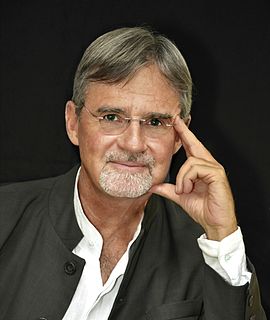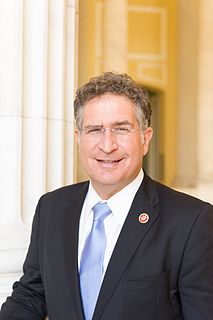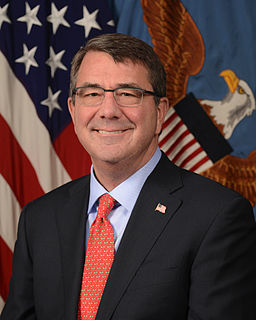A Quote by Asif Ali Zardari
You must keep in mind that Pakistan has suffered the aftermaths of the Cold War, and that Cold War had left deep imprints on our society. We were the worst sufferers from the ills of the Afghan war.
Related Quotes
It is not the conservative psyche that needs analysis. Conservatives were right in the Cold War --so right that liberals are pretending they were with us all along -- and they are right about Iraq. It is Leftists who need to account for their consistently disgraceful positions throughout the Cold War and into the War on Terror.
In 1945, at the beginning of the Cold War, our leaders led us astray. We need to think of the Cold War as an aberration, a wrong turn. As such, we need to go back to where we were in 1945 - before we took the road to a permanent war economy, a national security state and a foreign policy based on unilateralism and cowboy triumphalism.
The twentieth century had dispensed with the formal declaration of war and introduced the fifth column, sabotage, cold war, and war by proxy, but that was only the begining. Summit meetings for disarmament pursued mutual understanding and a balance of power but were also held to learn the strengths and weaknesses of the enemy. The world of the war-or-peace alternative became a world in which war was peace and peace war.
When I grew up, in Taiwan, the Korean War was seen as a good war, where America protected Asia. It was sort of an extension of World War II. And it was, of course, the peak of the Cold War. People in Taiwan were generally proAmerican. The Korean War made Japan. And then the Vietnam War made Taiwan. There is some truth to that.


































